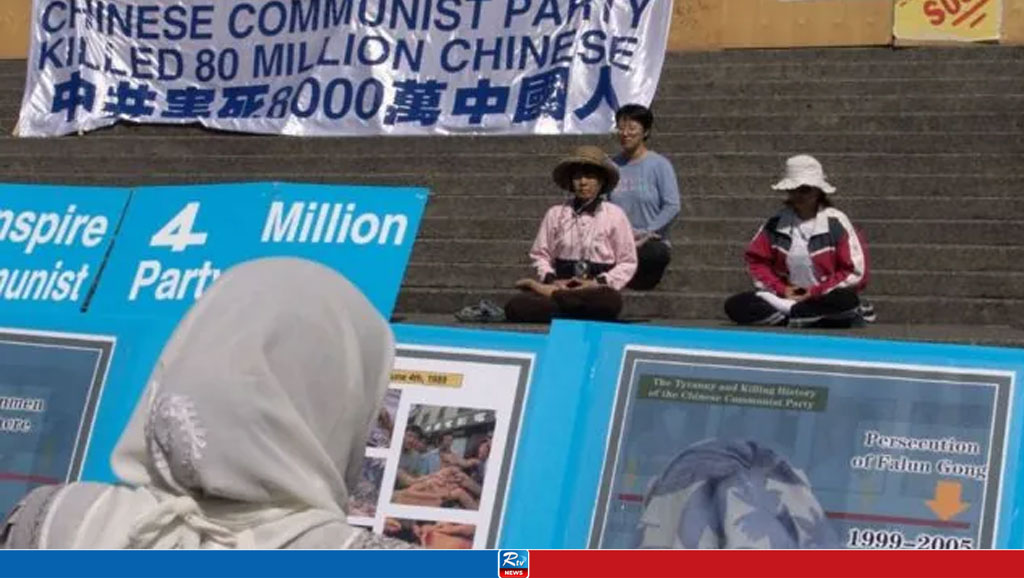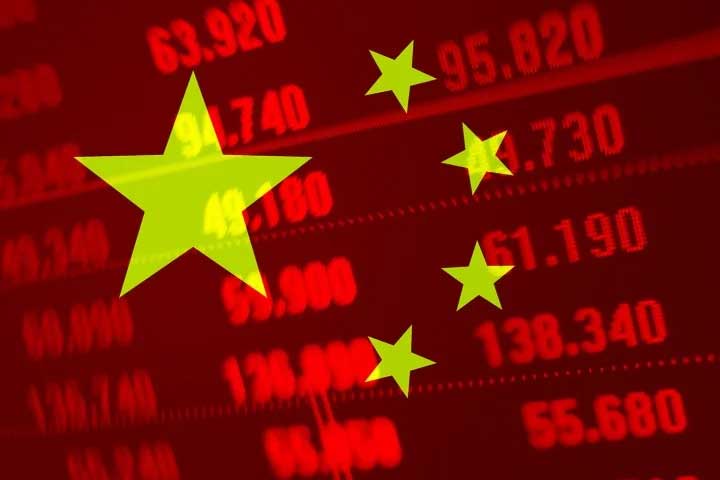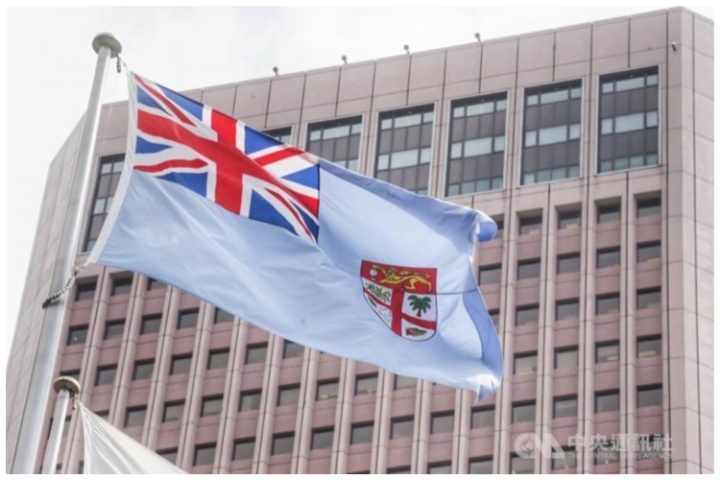The European Parliament Condemns China for Persecuting Falun Gong, Mentions Organ Harvesting Again
Resolutions are not enough, yet they are formal acknowledgments by international authorities. This one also denounces the cases of Ding Yuande and Ma Ruimei, which “Bitter Winter” contributed to expose.
While the persecution against Falun Gong practitioners in the People’s Republic of China (PRC) didn’t decrease in 2023, and the most recent report released by the movement denounces 209 new verified cases of persecution to death in 2023, bringing the total documented number of killed victims to over 5,000 since 1999, a decisive step has been taken by the European Parliament (EP).
On January 18, 2024, the EP adopted a resolution “on the ongoing persecution of Falun Gong in China, notably the case of Mr Ding Yuande.” The decision “[s]trongly urges the PRC to immediately end the persecution of Falun Gong practitioners and other minorities, including Uyghurs and Tibetans,” and “[c]alls for the PRC to end domestic and transnational surveillance and control and the suppression of religious freedom.” For these reasons, the EP intimates “the PRC to abide by its obligations under international law and its own constitution to respect and protect human rights.”
Of course, public proclamations, even when authoritative, are not enough to push rogue regimes to adopt more acceptable behaviors. We all know even too well that internationally strong regimes are not scared just by documents. Yet, one should never underestimate documents such as this recent resolution by the EP. They in fact constitute formal acknowledgments by international authorities of a situation, in this case a painful situation, that exit the circles, as large as they could be, of victims and their defenders in NGOs and similar. It enters the larger scenario of world organizations, supernational bodies, and even world political and to some extent legal powers. They can still remain unenforced, but they constitute an insuppressible precedent, surely binding all decent people and governments on a moral level, but also with serious effects on law and politics. Yes, the success of these effects depends on the good wills of the juridical and political personnel, and of governing entities and agencies. However, after resolutions and documents are adopted, good people can always count on one more permanent masterful reference to advance good cases and defend innocent people.
The January 18 EP resolution strongly commands the European Union (EU) “Member States to suspend extradition treaties with the PRC.” Stressing “that respect for human rights, democracy and the rule of law should be at the centre of the EU’s relations with China,” calls for “the EU and its Member States to support and facilitate an international investigation into the persecution of Falun Gong practitioners and raise the persecution of religious minorities during all political and human rights dialogues with the Chinese authorities.” Then, to make actions follow proclamations, the EP resolution “calls on the Member States and the EU Delegation to the PRC to monitor trials”.
A specific section of the resolution touches upon the ongoing horror of organ harvesting, of which Falun Gong practitioners are the historical designated victims by the Chinese Communist regime, even if sadly nowadays no more the only ones. The resolution “[c]alls for the EU and its Member States to publicly condemn organ transplant abuses in China and to use the EU Global Human Rights Sanctions Regime and national human rights sanctions regimes against all perpetrators and entities that have contributed to the persecution of Falun Gong practitioners in China and abroad”. Again, to act concretely, the document “stresses that EU measures should include refusing visas, freezing assets, expulsion from EU territories, criminal prosecution, including on the basis of extraterritorial jurisdiction, and bringing international criminal charges” against the perpetrators of such horrors.
In fact, quoting “its previous resolutions on China,” the EP importantly acknowledges that “since 1999, the Chinese Communist Party (CCP) has engaged in systematic persecution to eradicate the Falun Gong religious movement.” It also underlines that “freedom of religious belief is deteriorating across the People’s Republic of China (PRC)”—ignoring the “Article 36 of the PRC’s Constitution” that “stipulates that its citizens must enjoy freedom of religious belief”—and adds that “technology-based censorship and surveillance are central to this repression.” Within the framework of this persecution, the EP resolution states that “it is documented that thousands of Falun Gong practitioners have died as a result of the CCP’s persecution since 1999” and that “practitioners are frequently detained and reportedly subjected to torture, psychological abuse and organ harvesting so that they renounce their faith.”
One specific case is highlighted in the EP resolution to serve as an archetype of this whole dreadful scenario. It is the case of Ding Yuande and his wife, Ma Ruimei, both Falun Gong practitioners in the PRC who were arrested on May 12, 2023, without a warrant. Later, Ma was released on bail only to be “intimidated by police because of a rescue campaign launched by their son abroad,” whereas Ding was detained, and no family visits were allowed for eight months. Finally, on December 15, 2023, he was sentenced to three years in prison with a CNY 15000 fine (almost €2,000 and more than US$2,000,) and has appealed the judgment. “Bitter Winter” told the story of the couple in July 2023, interviewing their son, Ding Lebin.
Now, demanding “the immediate and unconditional release of Mr. Ding and all Falun Gong practitioners in China,” the EP also “[i]nstructs its President to forward this resolution to the EU institutions, the governments and parliaments of the Member States, and the Government and Parliament of the PRC.”
Today, January 22, 2024, CAP-Coordination des Associations & Particuliers pour la Liberté de Conscience, a French NGO with ECOSOC special consultative status presided by Thierry Valle, will address the systematic violation of human rights in China, concentrating on the persecution against Falun Gong and organ harvesting in sight of the UN Universal Periodical Review on Human Rights of the PRC. Among prestigious experts on the case, and Ding as well, also “Bitter Winter” will participate. The EP resolution will serve as a decisive, non-partisan, authoritative document to hold the Chinese regime accountable for its crimes.
24 Jan 2024,17:18














 Live Tv
Live Tv









